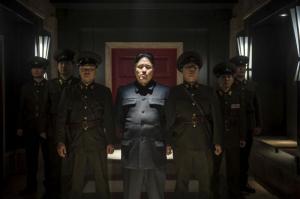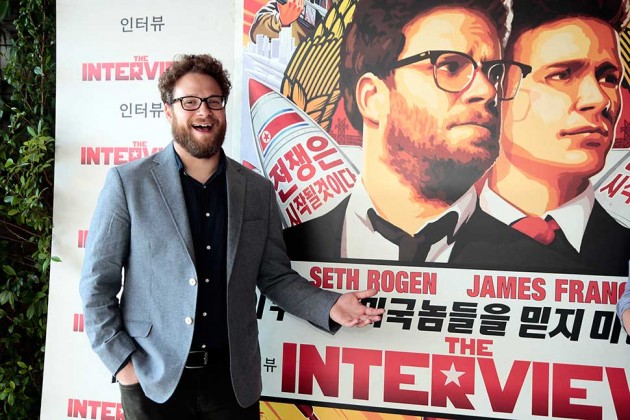By Chimdi Alagor
On November 24th, one of the biggest cyber attacks to ever target an American company was launched at Sony Studios. A group called the GOP, short for Guardians of Peace, claims responsibility for the attack and says that they stole just under 100 terrabytes (100,000 gigabytes) of information from the company. Over the past 2 weeks, the group has gradually released parts of the information it stole from Sony, including all emails exchanged through the company email, social security numbers of Sony’s employees and actors that have been employed by Sony in the past, and unreleased films.
The alleged reason for the attack is the creation and formerly upcoming release of the movie, “The Interview”. In the movie, the CIA asks two reporters to assassinate the supreme leader of North Korea, Kim Jung Un. Right from the day the movie trailer was released, the leader condemned it and called it a “most wanton act of terror and an act of war”. He also promised retaliation if Sony released the film and this threat has apparently come to pass. U.S. officials recently finished their investigation of the Sony attack and found that North Korea was involved in some capacity. This news came out soon after the GOP released a statement claiming that movie theaters who showed the movie would be the target of 9/11 style attacks and subsequently caused major movie theatre chains across America to refuse to show the film. As a result, Sony finally did what North Korea wanted it to do months earlier- it decided to not release The Interview.
The GOP’s attack on Sony is different from other cyber attacks because of its use of fear in attaining its goal. Normally hacks are intended to disrupt a company, steal and possibly sell information, or all of the above. Not only did the GOP choose not to sell, but rather share the information it could easily have made money from , but it also sent malware to destroy Sony’s computer systems. The attack will take tens of millions of dollars to repair and will cause crippling damage to Sony, all with no monetary or significant benefit to the hackers.
Sony’s decision to not release the movie sets a dangerous precedent for future cyber attacks, especially if America chooses not to take any action. It represents how Kim Jung Un can use the same kind of censorship and manipulation that he frequently employs in his own country, in other countries. Americans are taught to relish their freedom of speech, and to know that another country can affect this right through scare tactics is frightening. Hollywood screenplay writers should be free to make movies about whomever they want and whatever they like, which is why I support the suggestion that Sony release The Interview online. Doing so would prove that although its scare tactics might work when physical places are threatened, North Korea cannot attack the whole internet, and therefore cannot truly censor, or prevent an international audience from seeing, anything that insults its great supreme leader.

